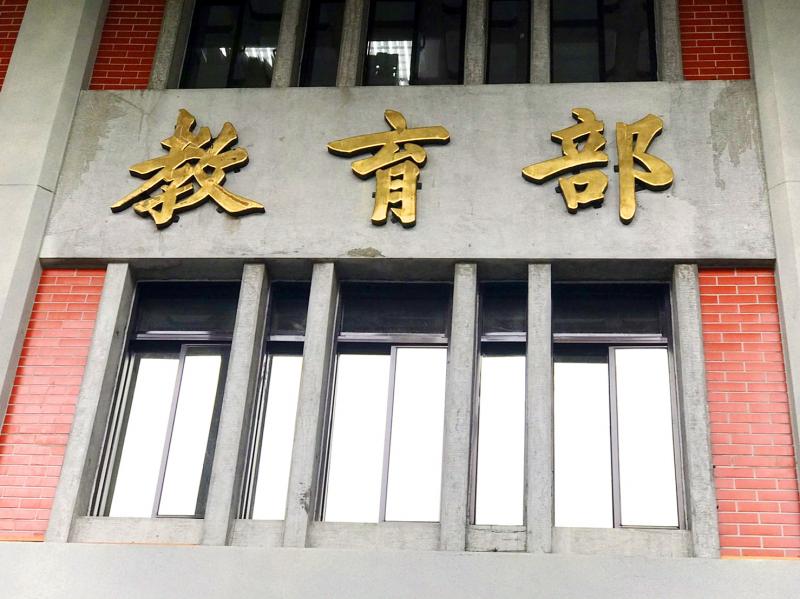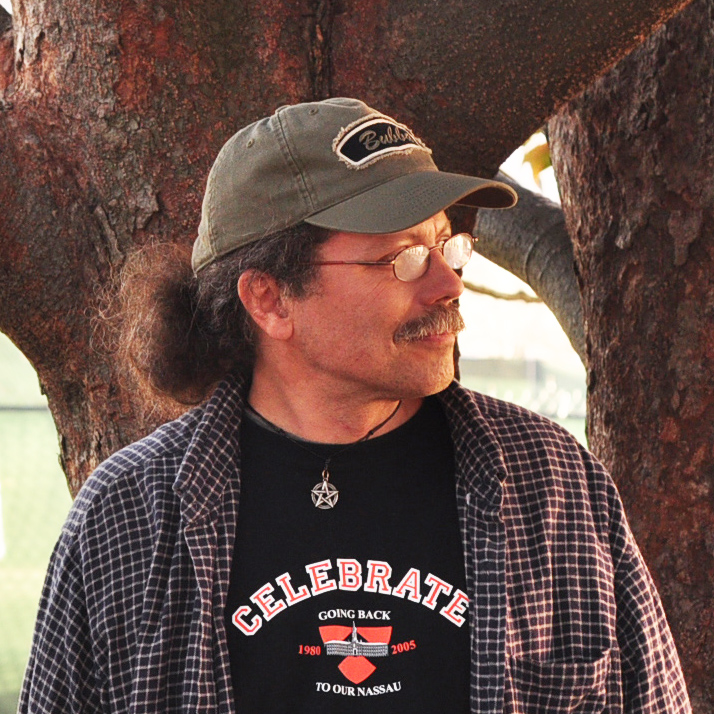The trial was paused shortly after the jury heard the accused say a motorcycle used in Rocco Sollecito's murder needed to be destroyed.

Article content
The trial of a man charged with killing two Montreal Mafia leaders was put on hold Monday after lawyers in the case raised concerns over how evidence was being translated from French to English.
Advertisement
Article content
Superior Court Justice Michel Pennou sent the jury home without having heard any evidence at all by Monday afternoon.
“I don’t know how you felt about Friday morning’s interpretation, but (lawyers on both sides of the case) and I do not feel too great about the way things went,” Pennou explained, describing the translations as “not complete or very accurate.”
The judge asked the jury to return to the Gouin courthouse on Tuesday while the two translators assigned to the trial try to sort out the problem.
Dominico Scarfo, 49, is charged with the first-degree murders of Lorenzo Giordano and Rocco Sollecito and with conspiring to kill the two men. Both victims were killed in Laval on different days in 2016.
Scarfo’s trial is being held in English, and the jury was in the process of listening to a series of conversations secretly recorded by an informant who worked for the Sûreté du Québec. During most of the conversations, Scarfo and the informant spoke in English. But in one conversation, recorded on Sept. 10, 2019, they met with other people and the conversation switched to French.
Advertisement
Article content
The informant spoke in a very unusual, rapid-fire way and often switched subjects mid-sentence, making it difficult for anyone to translate him simultaneously as the recordings were played for the jury.
The portion of a recording the jury was listening to before Pennou paused proceedings involved a motorcycle used as a getaway vehicle in Sollecito’s murder on May 27, 2016. The gunman in that homicide became an informant in early 2019 and recorded the conversations during the summer of that year.
On Sept. 10, 2019, the Sûreté du Québec released photos of the motorcycle used as a getaway vehicle in Sollecito’s murder. Police asked the public for help and advised anyone who recognized the motorcycle to contact them. But it appeared to actually be an effort to get Scarfo talking about the murder.
Advertisement
Article content
At the start of the recording, the informant asked Scarfo if he had seen the news yet. It was clear Scarfo was unaware that photos of the motorcycle had been released.
“If they are asking the public for help, it means they have nothing,” Scarfo said.
“No no no, this is, this is the game, what they do, this is the f—ing game they do. This is like catch and release. They have info,” said the informant, who, in reality, had provided police with that information. After he shot Sollecito, he climbed on the motorcycle driven by an alleged accomplice in the murder.
Later the same day, Scarfo and the informant met with the alleged accomplice, whose name cannot be published for the time being, and the alleged accomplice’s father. It was then that the conversation sometimes switched to French.
Advertisement
Article content
It was also then that Scarfo appeared to show serious concern about the photos the SQ had released.
“They say that there are two men on the motorcycle,” Scarfo said, referring to information the police released with the photos.
“That’s true,” the alleged accomplice’s father replied. “OK. But a motorcycle, do you know how many there are?”
“It has to be destroyed,” Scarfo said.
“This is just one information. That bike doesn’t exist anymore. It doesn’t exist anymore,” the alleged accomplice said. But as the conversation continued, the alleged accomplice clarified that the motorcycle actually still did exist.
“But if you want, I’ll get it smashed right now and throw it in the ocean,” the alleged accomplice said.
He also asked the SQ’s informant to stop talking about it.
“Right now, as long as we keep our mouths shut …,” the alleged accomplice said, not completing his thought. “This is the triangle (involved in Sollecito’s murder) right here, right?”
Last week, the jury hearing Scarfo’s trial was informed that police seized the motorcycle, in a small cabin in Nova Scotia, a month before Scarfo was arrested.
pcherry@postmedia.com

Man accused of killing Montreal Mafia leaders said he wanted 'power' after slayings

Mafia leader's girlfriend was covered in blood after he was shot, murder trial witnesses say




